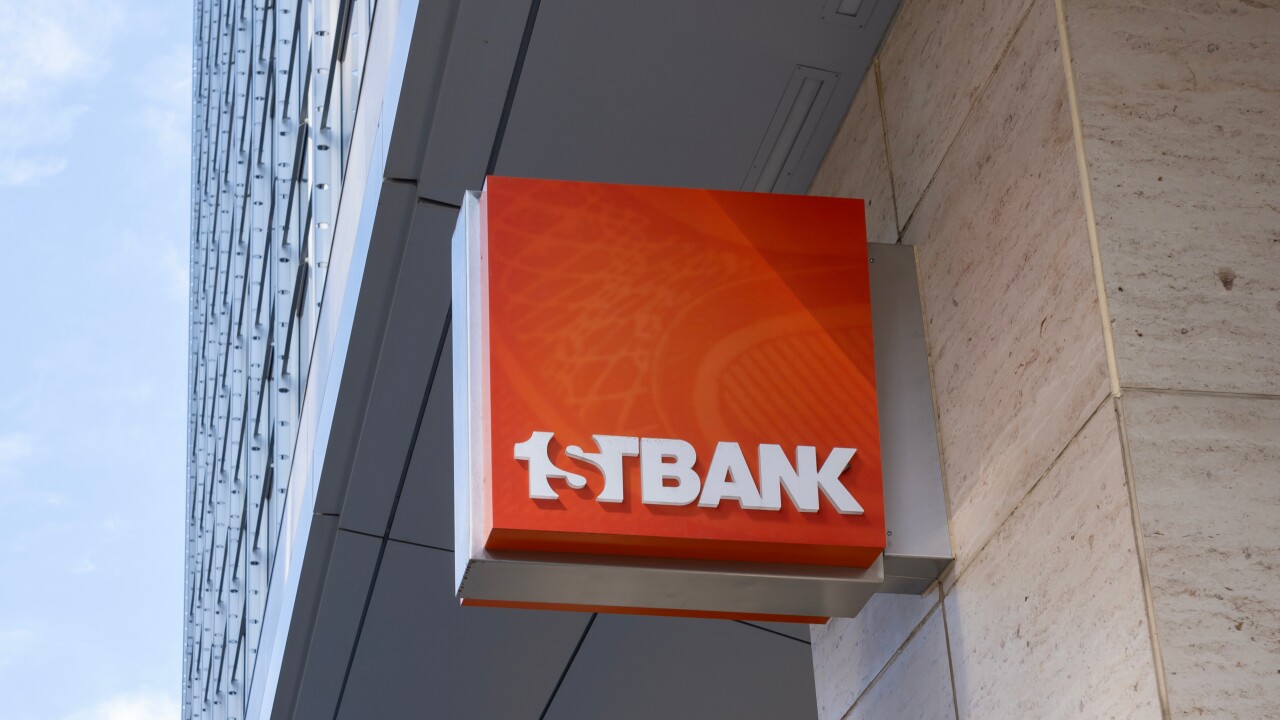The information you need to start your day, from PaymentsSource and around the web:
Open connection
As London payments firm Revolut moves deeper into financial services, it's trying to tie data together through an open banking integration with American Express.
Revolut's retail customers can connect Amex accounts to Revolut, which will display balances, payments and other fund transfers. Revolut hopes to keep users on its own site by avoiding navigation to track payments and match that information to budgets, a key feature in its competition with European challenger banks.

Bit of deregulation
New York is making it easier to establish a cryptocurrency business, finishing an update to its BitLicense that provides a provisional green light to help firms launch faster.
The
The state financial regulators will also work with SUNY to launch a virtual currency program, which startups will use to apply for the provisional license. SUNY will also establish SUNY Block to support local virtual currency projects, as well as initiatives from students and alumni.
UAE wallet
MoneyGram and Digital Financial Services will link to form a P2P feature that will enable UAE consumers to reach a network of 200 countries and territories.
DFS is a joint venture of telco Etisalat and Dubai Islamic Bank, and the transfer app covers mobile wallets, bank deposit services and walk-in agents.
DFS accesses eWallet, a UAE-licensed digital payment service that allows transfers via mobile number or Emirates ID.
AML double play
FIS and FICO will collaborate on an anti-money laundering product for North American financial institutions that will be designed to manage fraud and other payment-related crimes.
Called FIS AML Compliance Manager, it will use machine learning to spot suspicious transactions and provide intelligence for payment and financial fraud inspectors.
The two companies are interested in reducing false positives, or alerts that are later cleared.
Automat comeback
As part of its coronavirus recovery strategy, The Brooklyn Dumpling Shop is adding new menu items such as cheeseburger dumplings and peanut butter and jelly dumplings. It's also taking a page from both new checkout-free retail and New York's distant past.
The dumpling shop, which is actually in Manhattan despite its name, will accept orders and payments through a mobile app that will also check the consumer into the store, reports
It's similar to an Amazon Go store, but it also borrows from
From the Web
CNBC | Thu June 25, 2020
A new report from the Government Accountability Office finds that about 1.1 million payments, totaling almost $1.4 billion, mistakenly have been sent to dead people as of April 30.
THE WALL STREET JOURNAL | Thu June 25, 2020
Federal agencies moved Thursday to roll back financial regulations that could free up tens of billions of dollars for major banks and allow them to invest more in venture-capital funds.
TECHCRUNCH | Thu June 25, 2020
Karat, a new startup promising to build better banking products for creators who make a living through online platforms, unveiled its first product — the Karat Black Card.
More from PaymentsSource
VCs and lenders rely on business data such as transaction records to inform funding decisions for fintechs or small businesses, but bias and uneven representation in management still result in gender and racial disparity.
It's not enough to just get rid of cash or go contactless. There's an entire experience to consider, says Tappit's Jason Thomas.
Brick-and-mortar merchants that have shifted to online have changed their risk profile, causing conflicts with the fintechs like Square that handle their payments. And that could be an opportunity for banks.
Luxury has gone out the window during coronavirus when it comes to credit card rewards point redemptions, according to new data from PayPal on where people are redeeming accumulated rewards.
Wirecard AG filed for insolvency, the culmination of a stunning accounting scandal that led to the arrest of its CEO and left the German payment-processing firm unable to find over $2 billion missing from its balance sheet.
If advancing business-to-business payments technology, especially during the coronavirus pandemic, has taught the payments industry anything, it is this: Delivering every payment service a company may need through a cloud-based, API-driven platform is not only possible — it's become vital.
During the post-coronavirus period, the success of fintech companies will relate to how well they work with and provide value for big institutional financial firms. And conversely, how the larger firms can integrate smaller players’ technology they require for innovation. Apple Pay works well because of the fintech software provided by an outside firm, and this dynamic will continue after COVID-19, as big firms need nimble operators to create streamlined processes that match shifting customer behaviors.
With COVID-19 forcing consumers to access their finances through online services, financial institutions need to reevaluate how, when and where they engage with customers. The standard approach to delivering customer experience is no longer good enough.





